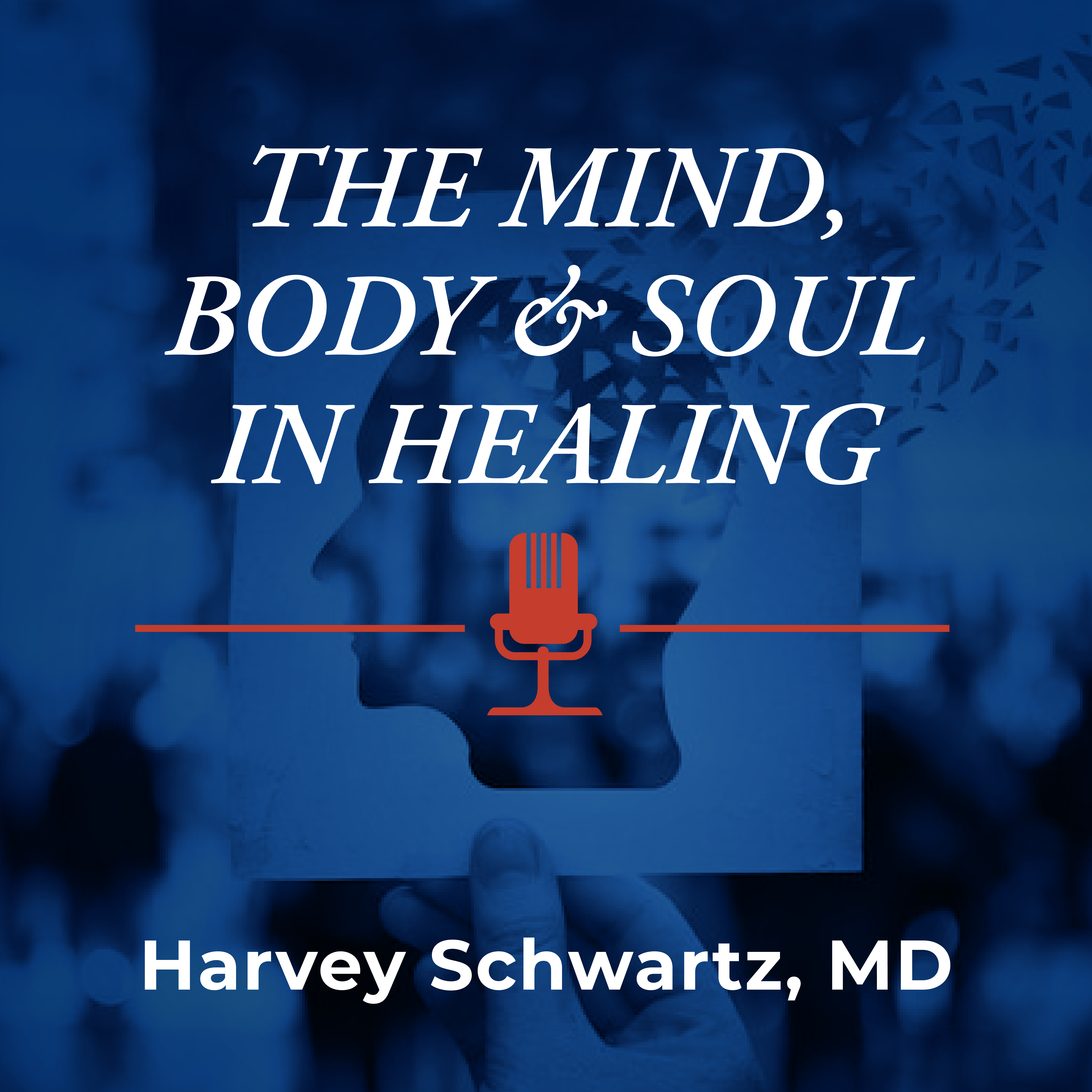
“In infancy and childhood the autonomic nervous system is going through developmental stages just as with any other aspect of development. The quality of the engagement and the closeness with the caretaker has a big effect on how the autonomic system develops. When we have conditions where we feel safe, then we tend to have dominance of the activity of the parasympathetic system.”
Episode Description: Dr. Gerbarg brings her psychiatric and psychoanalytic training to her work as an integrative psychiatrist with a special focus on breathing techniques. We begin by reviewing the anatomical connections between the lungs, the vagus nerve, and the brain. The balance between the enervating sympathetic system and the calming parasympathetic system can be powerfully influenced by different breathing practices. The balance between these two parts of the autonomic system can be negatively influenced by traumas both in early childhood and in adult life. Dr. Gerbarg presents case examples of individuals who have had their psychotherapeutic treatments helpfully augmented by breathing instruction.
Our Guest: Patricia L. Gerbarg, MD is an assistant clinical professor in psychiatry, New York Medical College, graduate of Harvard Medical School and the Boston Psychoanalytic Institute, practices Integrative Psychiatry, and serves on the American Psychiatric Association CAIM caucus and Global Mental Health caucus. In addition to 40 years in clinical practice, Dr. Gerbarg does research on mind-body practices for stress, anxiety, depression, PTSD, stress-related medical conditions, and mass disasters. She and Dr. Richard Brown teach Breath-Body-Mind courses and co-author award-winning books, including The Healing Power of the Breath, Non-Drug Treatments for ADHD, How to Use Herbs, Nutrients, and Yoga in Mental Health (with Dr. Phillip Muskin), and Complementary and Integrative Treatments in Psychiatric Practice (with Dr. Philip Muskin) published by the American Psychiatric Association.

